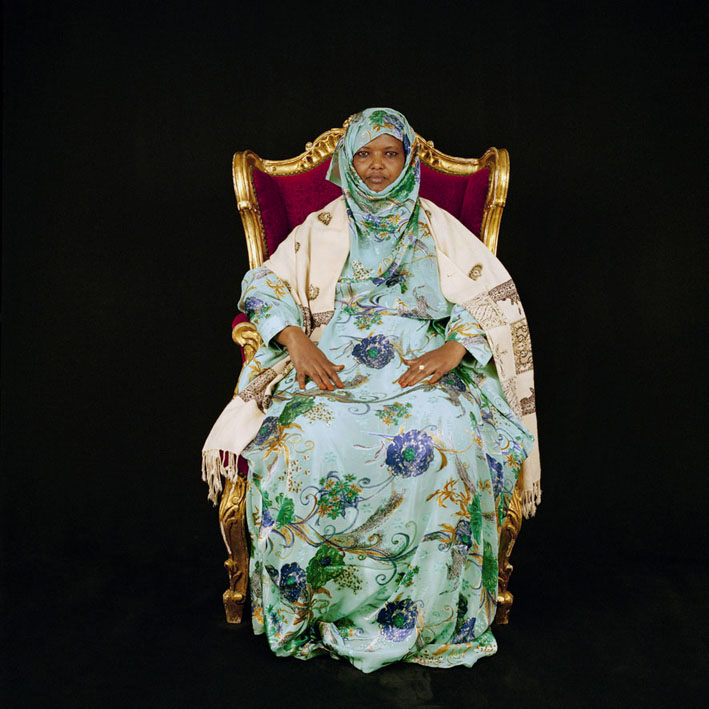
Overview Backstage Heroes - Alternative Nobel Prize Laureates Nayakrishi Andolon - organic farming in Bangladesh Sarayaku – a village in resistance to oil drilling The Other Globalisation G8-Summit Heiligendamm Breast Cancer Breast Cancer – Faces |
||||||

|
Dekha Ibrahim Abdi, Peace Activist, Kenia Born November 17, 1964 - died July 14, 2011 Alternative Nobel Prize 2007
During the childhood and youth of Dekha Ibrahim Abdi, war raging between the Kenyan government and the Somali rebels in the border regions of both countries. As a result, she grew up in a kijiji - a tent city. Even as a child, she cultivated friendships across the borders of ethnicity and religion. After the state of emergency, which ruled the whole region from 1963 to 1990, was lifted, the security situation worsened. In 1992, spurred on by this desperate situation, Abdi together with other women and men developed a peace initiative. Against the opposition of the clan elder, they mediated between the belligerent parties and finally negotiated a treaty. In order to implement it, they founded the Wajir Peace Committee, an association of clan representatives, representatives of state security organs, religious leaders and NGOs. Dekha Ibrahim Abdi became its president. The conflict mediation methods which she developed combined the strategies of grass-roots activism, a soft but uncompromising leadership style, and spiritual motivation based on the teachings of Islam. The model of the Peace Committee has since then been used in many of the most conflict-laden regions of the world, including Uganda, Ethiopia, Somalia, Sierra Leone, Sudan, and South Africa, but also in the Netherlands and Great Britain. Dekha Ibrahim Abdi herself was involved internationally in numerous initiatives and organizations for conflict mediation, crisis management, and peace negotiation processes.
In 2010, the peace activist was awarded the Hessian Peace Prize, in 2005 she was one of the 1000 Women for the Nobel Peace Prize, and was honored as the Kenyan Peace Builder of the Year. In July 2011, Dekha Ibrahim Abdi died at the age of 46 in Nairobi as a result of a car accident. |
| << 05/10 project description >> |